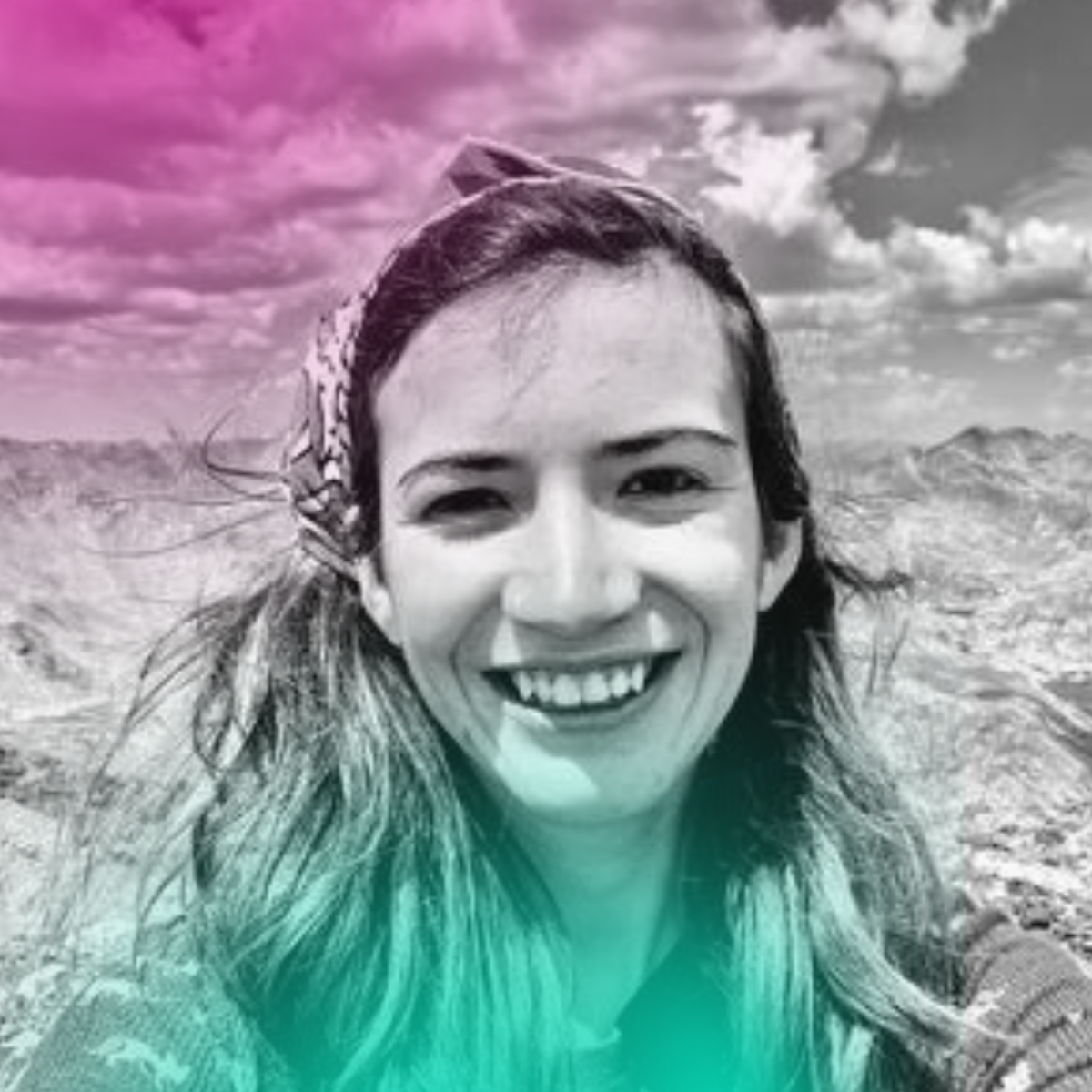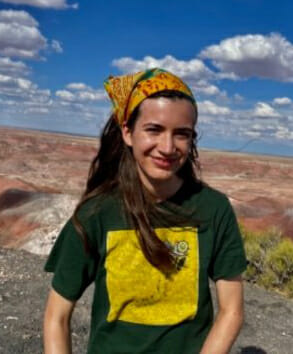
Psychology
PT401 – The Self-Entropic Broadening Theory: Understanding The Psychedelic State and Psychosis
March 28, 2023
Featuring: Haley Maria Dourron
In this episode, Joe interviews Ph.D. student in the Drug Use and Behavior Lab at the University of Alabama Birmingham, Haley Maria Dourron.

In this episode, Joe interviews Ph.D. student in the Drug Use and Behavior Lab at the University of Alabama Birmingham, Haley Maria Dourron.
She talks mostly about the paper she co-authored last year with Dr. Peter Hendricks and Camilla Strauss: “Self-Entropic Broadening Theory: Toward a New Understanding of Self and Behavior Change Informed by Psychedelics and Psychosis,” which analyzes the long-standing comparisons between the psychedelic state and psychosis, and points out important distinctions between the two – that science should be looking more at the way one processes information and their level of self-focus rather than similarities in outward behavior. She discusses what she calls entropic processing, which is essentially how one’s brain creates novel ideas, relations, and insights based on very loosened mental schemas: with new information being considered in new ways (with no filter), do the connecting pathways that seem like eureka moments actually make sense?
She discusses the broaden and build theory and the broadening of intentional scope; entropy; chronic LSD use and risk of psychosis; schizophrenia and psychedelics; why science needs to embrace naturalistic research, and more. As of this release date, there are still a few participatory spots left in her current study on the effect of psychedelic experiences on people who have a history of psychosis, so if you had an episode of psychosis at some point and have gone on to use psychedelics, she wants to hear your story.
Notable Quotes
“It’s such a wide open space where there’s still so much room to learn. And to me, it feels as if we’re opening a time capsule of all these different questions that have been kind of covered up, and we now have better technologies to probe what’s really going on.”
“A lot of work was actually done in the 1950s, giving people with schizophrenia LSD, psilocybin, [or] DMT, [and] oftentimes, apparently they had a reduced response. So that just shows how much more room we have to learn what really could be happening with these drugs, what populations necessarily should be excluded, [and] who is actually likely to experience adverse responses.”
“The acute experience might kind of serve as a catalyst for people creating changes, but then it’s ultimately the changes that they make in their daily lives afterwards, and if they’re putting in the work of building those enduring resources, if you will. It might be [easier] to do so in the immediate afterglow of a psychedelic experience, but you’ve still got to try if you want those enduring effects.”
Links
Scientificamerican.com: LSD May Chip Away at the Brain’s “Sense of Self” Network
Verywellmind.com: An Overview of Broaden and Build Theory
Psychedelics Today: PT245 – Robin Carhart-Harris – Psychedelics, Entropy, and Plasticity
Iflscience.com: LSD, DNA, PCR: The Strange Origins Of A Biology Revolution
The Myth of Mental Illness: Foundations of a Theory of Personal Conduct, by Thomas S. Szasz, M.D.
Psychedelics Today: PTSF59 – Bipolar and Psychedelics, with Benjamin Mudge
Investigating the Phenomenology and Perceived Mental Health Impact of Classic Psychedelic Experiences in People with a History of Psychosis (her new study – only a few spots left for participation)



